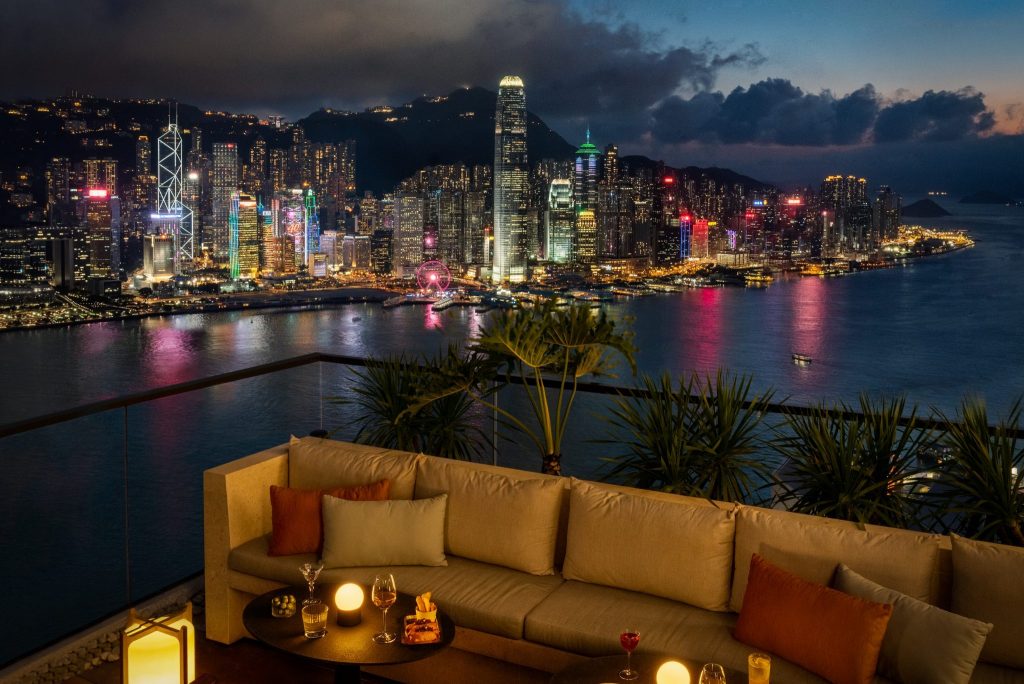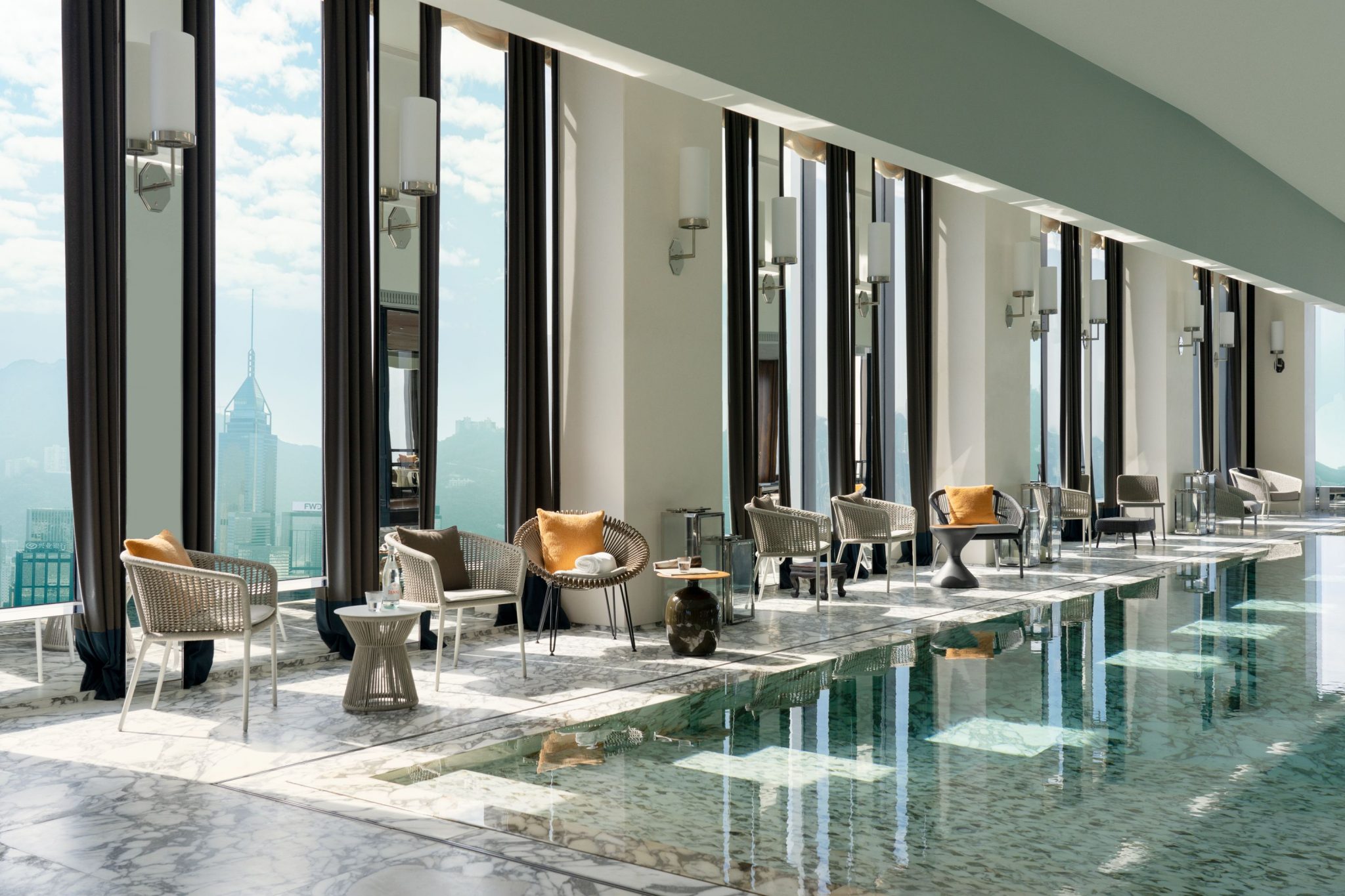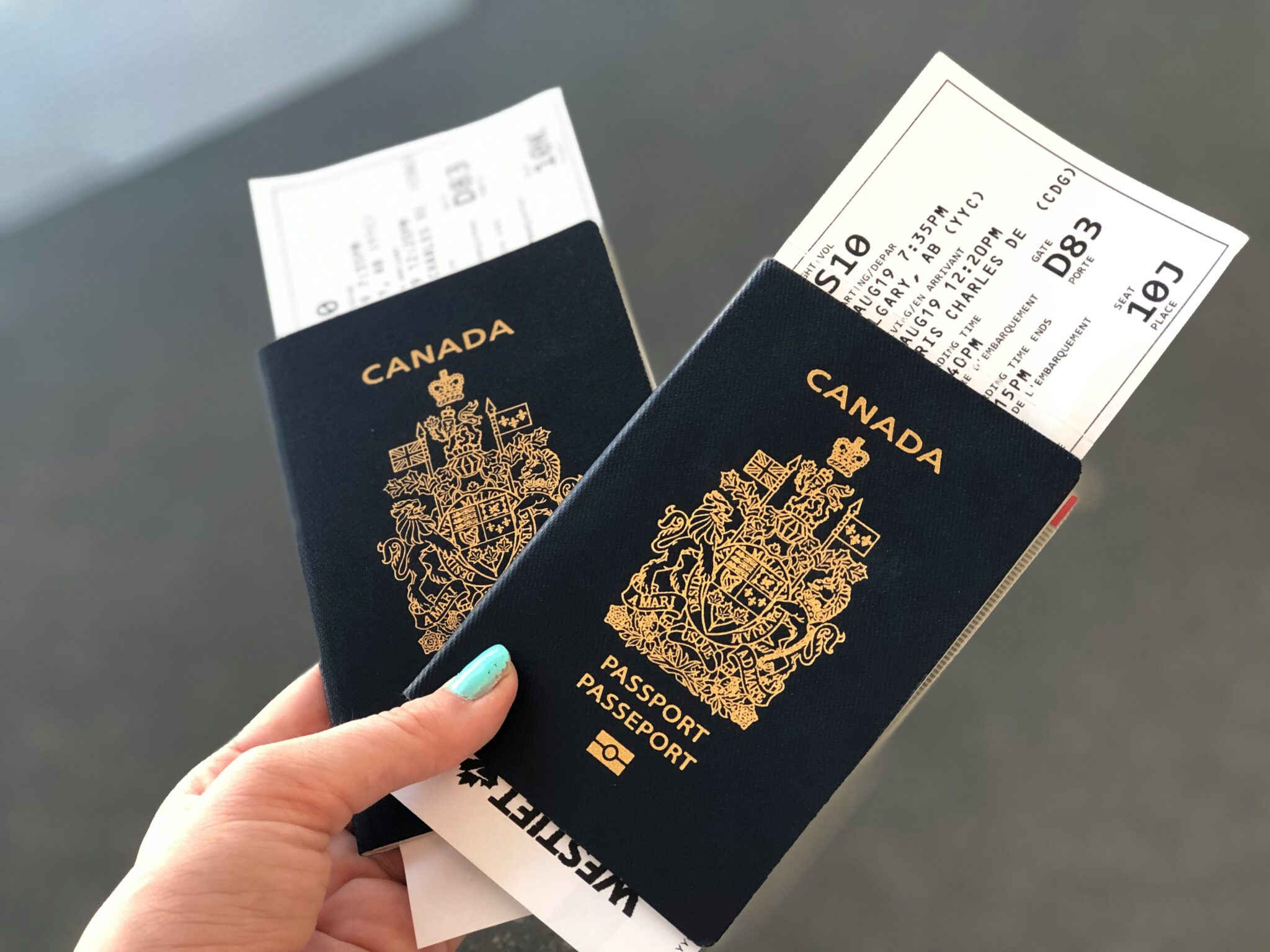Rosewood Launches a Soho House Competitor — More Copycats Expected

Skift Take
Hotel companies around the world pumped more resources into growing luxury brands over the pandemic. That emphasis on exclusivity is now moving into members-only concepts.
Hong Kong-based Rosewood Hotel Group opened Carlyle & Co., a private club overlooking Victoria Harbor, this summer in its hometown. The membership club is Rosewood’s first in what the company anticipates will eventually grow into a network of properties in some of the world’s largest cities. Its opening this summer coincided with Soho House, arguably the best-known membership club chain in the world, going public.
While company leaders demure at the idea Carlyle & Co. is anything like Soho House, the concept does follow in a growing trend of the hospitality industry putting more stock in members’ clubs. Rosewood leaders just think an actual hotel company can do a membership club better. Analysts expect more hotel companies to follow in Rosewood’s footsteps.
“We have a really good foundation on how to deliver experiences and programming for the club based on what Rosewood has been doing. We're known for creating memorable experiences and really understanding and anticipating our customers’ needs,” Rosewood CEO Sonia Cheng said in an interview with Skift. “Having that foundation is really key for and differentiates [us from] the membership clubs out there.”
Rosewood leaders are very clear this brand is all about their own vision: the Carlyle & Co. name is a nod to The Carlyle, the company’s hotel in New York City. The flagship club may be in Hong Kong, but the plan is to eventually grow this to similar global cities like New York, London, Paris, Shanghai, and Miami, Cheng said.
Soho House’s initial public offering documents indicated the company saw similar growth potential in major international markets like Buenos Aires, Toyko, and Shanghai as well as smaller North American ones like Nashville and Portland in the U.S. The company already operates a club in Hong Kong.
But while Soho House operates with more “cool factor” and trendy crowd vibes, Carlyle & Co. touts itself as a membership club for all — well, for all who can afford the $11,300 joining fee and roughly $3,700 annual membership. Amenities include things like a cocktail bar, a terrace overlooking the harbor, events throughout the year, a music room, and even bedrooms to accommodate overnight guests.
It may seem steep, but Carlyle & Co. is practically a bargain compared to other clubs in Hong Kong: Membership (if you can find someone selling on the secondhand market) to the city's Aberdeen Marina Club clocks in at roughly $385,000 while the China Club membership starts just north of $15,000, according to Tatler.
"I grew up in Hong Kong, and a lot of the membership clubs here are very much because of the price point, or it's very much about your profession or your social status," Cheng said. "You can really feel that this is a different community, and you feel that you can meet people that are outside your normal kind of social circle, and that makes it really interesting."
While Cheng didn’t comment too much on the Carlyle & Co. and Soho House comparison, she did note the competition caters more to a membership base from “the creative community.”
“If you’re considering applying to be a member, it’s probably worth knowing that we’re less interested in what you have, who you know, or what you do, and instead, are far more intrigued by your personality, interests, passions, and stories,” is emblazoned on the Carlyle & Co. membership page. “The ones you can disclose in polite company, obviously.”
A New Money Maker
Launching a membership club right now may seem a little off, particularly in Hong Kong where travel restrictions stemming from the pandemic took a particular toll on the city due to it getting shut off from most international travel — which usually accounts for a major chunk of its economy.
But the hotel world likes what it sees from the competitor Carlyle & Co. is trying to differentiate from.
“This makes a lot of sense,” Richard Clarke, a managing director covering global leisure and hotels at Bernstein, said of Rosewood getting into the membership club business. “If you’re sitting there and staring at Soho House’s numbers, I would definitely be like, ‘We should launch something like that because that gives us this repeatable income stream.’ That means, if we have more wobbles in hotel demand, they’ve got something that sort of carries them through it.”
Despite the pandemic leading to temporarily suspended operations at many of its 27 clubs and layoffs of 1,000 staffers, Soho House was also somewhat of a resilient entity during the last year. Only about 10 percent of the company’s 110,000 members cancelled their memberships during the public health crisis.
That durable line of income, even in the worst crisis to ever hit the hotel industry, would likely be appealing to any hotel company after seeing occupancy rates tank and mount a highly volatile recovery. Rosewood is unlikely to be the only hotel company kicking the tires on something like this, Clarke added.
Hotelier Andre Balazs announced plans last year to convert the Chateau Marmont in Los Angeles to a members-only model. He could eventually spread that model to additional properties in markets like New York City, London, and Paris, Balazs told the New York Times.
Larger brands could follow suit, as they have pushed into sectors beyond the walls of a hotel. Four Seasons offers private jet vacations. Marriott’s Ritz-Carlton brand got into the yacht business this summer.
“Is there demand? I think there is. We’ve seen the wealthy end of the market is flush with cash,” Clarke said of membership clubs. “This is well-timed, and I expect we’ll see more hotel groups do something similar.”





